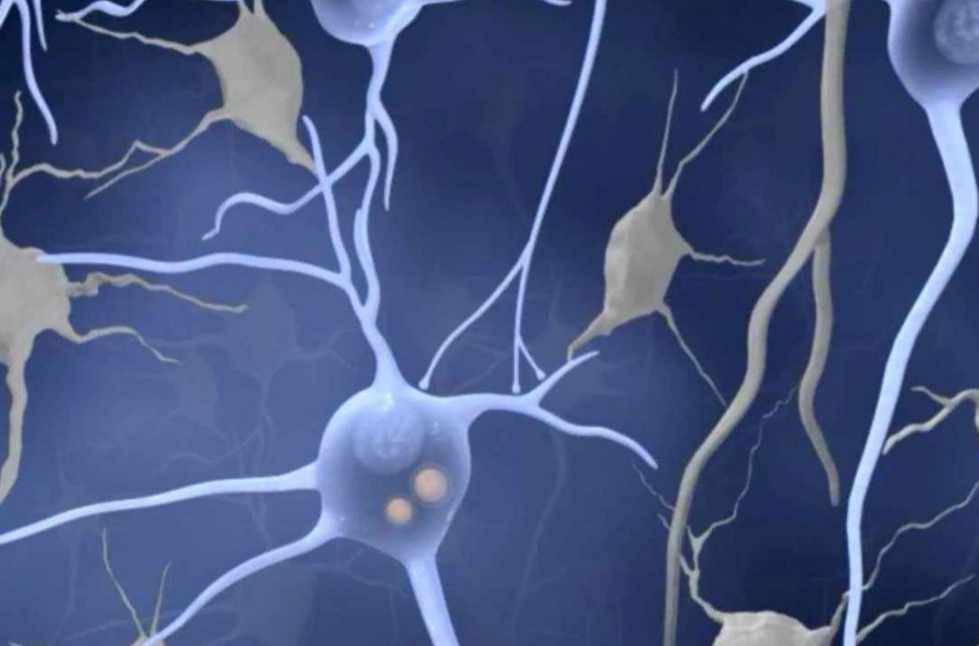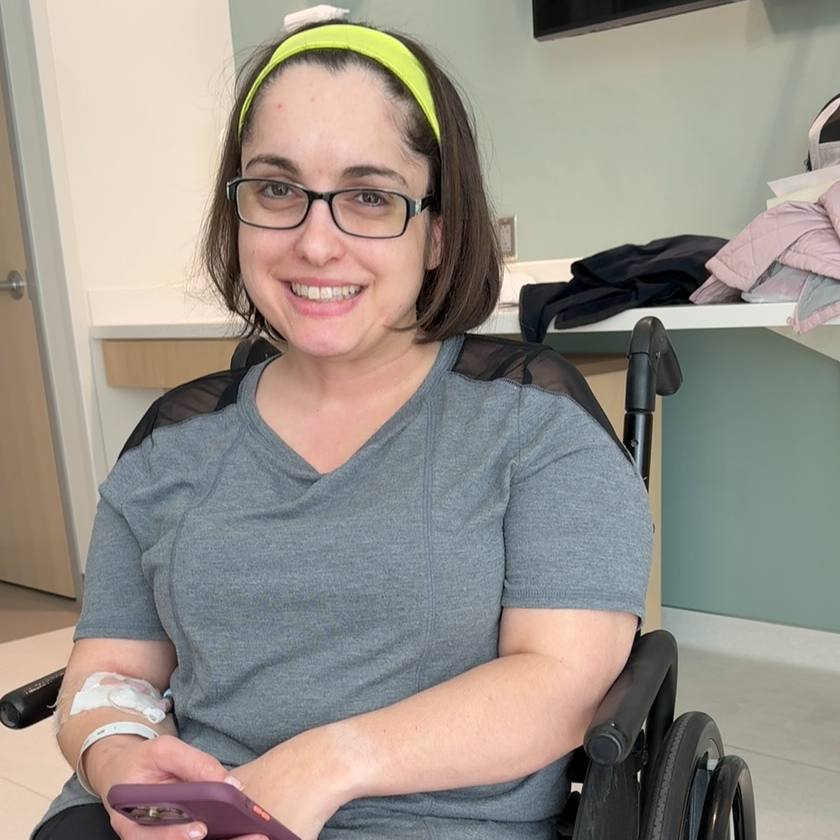
Lewy body dementia, also known as dementia with Lewy bodies, is the second most common type of progressive dementia after Alzheimer's disease dementia. Protein deposits, called Lewy bodies, develop in nerve cells in the brain regions involved in thinking, memory and movement (motor control).
Lewy body dementia causes a progressive decline in mental abilities. People with Lewy body dementia may experience visual hallucinations and changes in alertness and attention. Other effects include Parkinson's disease-like signs and symptoms such as rigid muscles, slow movement and tremors.
Symptoms
Lewy body dementia signs and symptoms may include:
- Visual hallucinations. Hallucinations may be one of the first symptoms, and they often recur. They may include seeing shapes, animals or people that aren't there. Sound (auditory), smell (olfactory) or touch (tactile) hallucinations are possible.
- Movement disorders. Signs of Parkinson's disease (parkinsonian signs), such as slowed movement, rigid muscles, tremor or a shuffling walk may occur. This can also result in falls.
- Poor regulation of body functions (autonomic nervous system). Blood pressure, pulse, sweating and the digestive process are regulated by a part of the nervous system that is often affected by Lewy body dementia. This can result in dizziness, falls and bowel issues such as constipation.
- Cognitive problems. You may experience thinking (cognitive) problems similar to those of Alzheimer's disease, such as confusion, poor attention, visual-spatial problems and memory loss.
- Sleep difficulties. You may have rapid eye movement (REM) sleep behavior disorder, which can cause you to physically act out your dreams while you're asleep.
- Fluctuating attention. Episodes of drowsiness, long periods of staring into space, long naps during the day or disorganized speech are possible.
- Depression. You may experience depression sometime during the course of your illness.
- Apathy. You may have loss of motivation.
Journalists: Broadcast-quality video pkg (1:05) is in the downloads. Read the script.
Causes
Lewy body dementia is characterized by the abnormal buildup of proteins into masses known as Lewy bodies. This protein is also associated with Parkinson's disease. People who have Lewy bodies in their brains also have the plaques and tangles associated with Alzheimer's disease.
Risk factors
A few factors seem to increase the risk of developing Lewy body dementia, including:
- Age. People older than 60 are at greater risk.
- Sex. Lewy body dementia affects more men than women.
- Family history. Those who have a family member with Lewy body dementia or Parkinson's disease are at greater risk.
Complications
Lewy body dementia is progressive. Signs and symptoms worsen, causing:
- Severe dementia
- Aggressive behavior
- Depression
- Increased risk of falling and injury
- Worsening of parkinsonian signs and symptoms, such as tremors
- Death, on average about eight years after symptoms start
This article is written by Mayo Clinic Staff. Find more health and medical information on mayoclinic.org.







